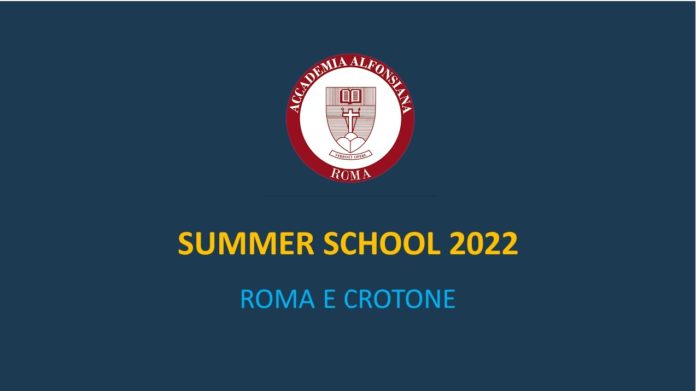Research, training, action project
We live in a time marked by epochal crises that highlight the urgency of profound processes of change in the actions of people, organizations and people. In the name of ecological transition, we see many initiatives for change that are taking place, but we must be aware not all of them will bring the desired results. In fact, moving from the point of view of the common good implies responsible evaluations of the processes activated and a contribution of this project lies precisely in evaluating these processes of change also from an ethical and theological point of view.
What emerges today from the best corporate governance, and which can help any other social governance in discerning the quality of changes, is the possibility of observing them from at least three angles. The first concerns the quality of the vision that inspire them guides projects and motivates people; because we reap what we sow. The second concerns the complex of resources committed in relation to the purpose and the quality of the dynamics activated in engaging them. The third concerns the quality of the desired and actual impacts.
Everything is connected, Pope Francis repeats, and today that science progressively reveals to us the quality of the interactions that make matter such and that evolve natural ecosystems, we can also say that science and faith, together, call us to evolve every system, natural and social, preserving, enhancing and innovating starting from the quality of the relationships that make it so.
Behind every governance, a profound innovation of vision, lifestyles and decision-making criteria, organizational and development models becomes indispensable. The tools of technology and finance, undoubtedly useful, remain tools, while the heart of the transition requires the ethical gaze of integral ecology and an economy oriented towards integral human development.
Guaranteeing sustainability means, in fact, that people and communities must be able to develop the ability to self-determine their future in harmony, taking into account that the changes that lead us to this necessarily pass through everyone’s daily ethical choices, on which they can then be grafted. The further changes are specific to each social system. It, therefore, becomes a priority to develop the naturally creative and entrepreneurial propensity of the person, orienting him to preserve, enhance and innovate for the common good.
This project arises from the collaboration between professors of the Alphonsian Academy, engaged in research and ethical and moral training, and people and organizations engaged in significant innovation processes in the cultural, social and economic fields. It constitutes an open path and consists mainly of the development of the defined research areas and the consequent training, starting from the summer schools.
The people and university, social and entrepreneurial organizations that have joined are motivated to offer each their own specific contribution and the project remains open to any appropriate collaboration.
The Project Committee
For more information on the project, visit the site below:






